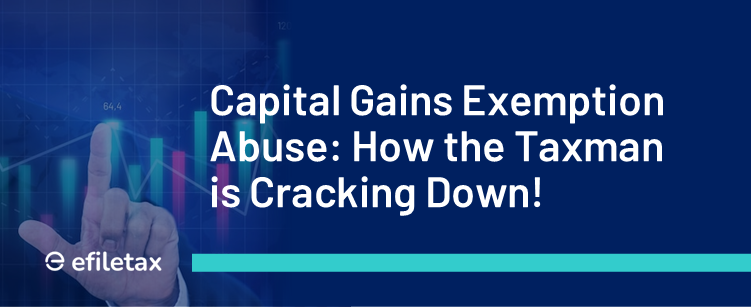
Introduction
The Income Tax Department has ramped up its scrutiny of taxpayers exploiting capital gains exemptions under Section 54F of the Income Tax Act. Investigations, particularly in Hyderabad, have uncovered widespread misuse, where individuals—especially high-net-worth professionals—falsely declare commercial properties as residential homes to evade taxes. This tightening of compliance aims to curb tax evasion and enforce stricter adherence to eligibility criteria.
Misuse of Capital Gains Exemption: Key Cases Uncovered
🔹 Case 1: Doctor’s ₹50 Crore Investment in a ‘Residential’ Hotel
A doctor claimed capital gains exemption under Section 54F, stating that he had reinvested ₹50 crore in a residential property. However, investigators found that the property was a fully operational hotel with commercial tenants. Photographic and video evidence confirmed that the exemption was falsely claimed, leading to a tax notice.
🔹 Case 2: Bar Posing as a Residential Property
Another taxpayer sought exemption on the premise that the proceeds from a capital asset sale were reinvested in a residential home. However, income tax officers discovered that the property housed a bar and other commercial establishments. With mounting evidence, the authorities have escalated scrutiny, issuing legal notices to recover unpaid taxes.
🔍 Stricter Regulations Under Section 54F
Under Section 54F, individuals and Hindu Undivided Families (HUFs) can claim capital gains tax exemptions by reinvesting proceeds from a long-term capital asset (excluding residential properties) into a new residential property.
However, new enforcement measures include: ✅ Lowered Exemption Cap: The exemption limit has been reduced from ₹50 crore to ₹10 crore to prevent excessive claims. ✅ Enhanced Investigation Procedures: Tax authorities are retrospectively reviewing claims to uncover misrepresentation and initiate legal action. ✅ Ownership Restrictions: To qualify, taxpayers must not own more than one residential house at the time of sale.
A chartered accountant noted, “Many individuals attempt to purchase multiple residential properties under this exemption, which requires strict verification.” The increased vigilance is intended to close loopholes and enforce fair tax compliance.
📌 Section 54 Also Under Review
Authorities have extended their investigation to Section 54, which provides similar capital gains tax relief for reinvestment in residential properties. This review aims to detect fraudulent claims and ensure that exemptions are not misused to circumvent tax liabilities.
🚀 Takeaways for Taxpayers & Professionals
✅ Ensure that capital gains reinvestments strictly meet residential property criteria. ✅ Maintain proper documentation and evidence for exemption claims. ✅ Be aware of increased government scrutiny and retrospective reviews. ✅ Consult a qualified tax professional to ensure compliance with new regulations.
Conclusion
With increased scrutiny on capital gains exemption misuse, taxpayers must exercise due diligence and ensure accurate reporting. The Income Tax Department’s latest investigations indicate a zero-tolerance policy on misrepresentation, reinforcing the importance of compliance with tax laws. Staying informed and consulting professionals can help avoid penalties and legal complications.